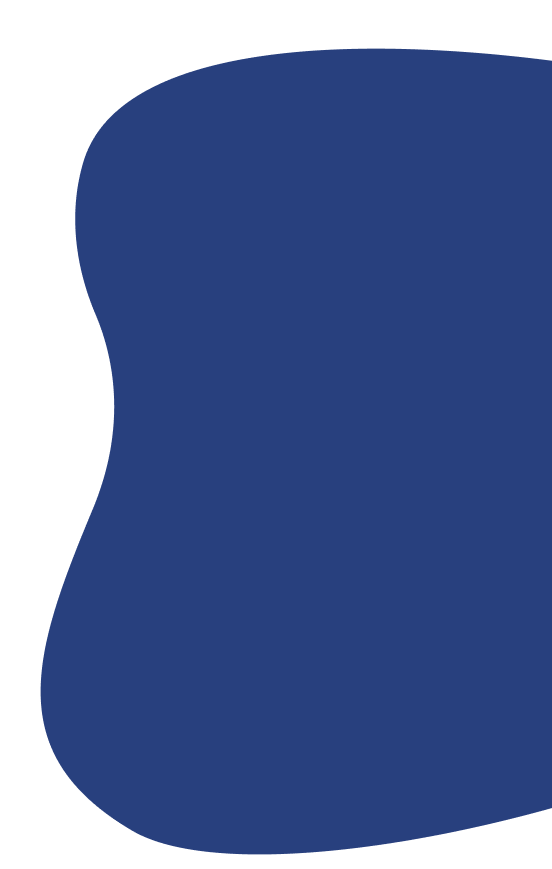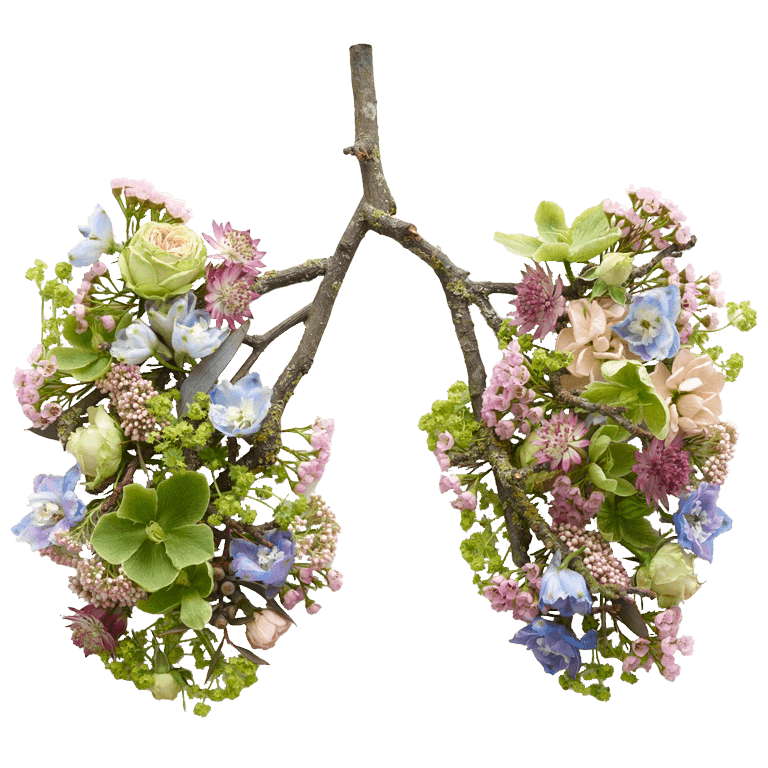








Cystic fibrosis is an inherited disease that attacks the lungs, digestive system, and other organs in the body. The cells that produce mucus, sweat, and digestive fluids are damaged by cystic fibrosis. The build-up of thick, sticky mucus in the lungs is a hallmark of CF. This can cause difficulty breathing and recurrent lung infections. In the digestive system, CF can lead to problems absorbing food and nutrients. Infants with CF often have trouble gaining weight and growing normally. There is no cure for cystic fibrosis, but treatments are available to help manage its symptoms.








CF is a life-long condition, but with proper treatment and care, many people with CF lead full, active lives. It is important to follow your doctor’s instructions carefully and take all of your medications as prescribed. You should also see your doctor regularly for checkups. If you experience any new or worsening symptoms, be sure to let your doctor know right away.


While there is no cure, life expectancy has steadily improved with the median survival exceeding 45 years in the United States

There are now more adults than children with CF in the United States.

Older children and adults are usually diagnosed based on symptoms, such as frequent respiratory infections, malnutrition, and/or male infertility.

Newborn screening for CF done on blood samples can identify most children before one month of age, which allows for early treatment and disease monitoring.

Two of the most common risk factors that can increase the chances of a person developing cystic fibrosis are a family history of cystic fibrosis – If one or both parents have the disease, their children have a one in four chance of developing it too. Being born with a defective gene – Around 1 in 25 people with cystic fibrosis inherit the faulty gene from their parents.
CF is diagnosed through a combination of tests, including a physical examination, chest X-ray, sweat test, and genetic testing. The physical examination may reveal signs of respiratory problems, such as a persistent cough or wheezing. A chest X-ray can help doctors see if there is any fluid accumulation in the lungs, which can be a sign of infection. The sweat test is used to measure the amount of salt in your sweat. People with CF have high levels of salt in their sweat because their body is not able to release enough salt into their urine. This test can help doctors determine if you have the disease. Genetic testing can confirm whether you have the defective gene that causes CF.
The most common respiratory symptoms for cystic fibrosis include a persistent cough that produces thick mucus, wheezing, exercise intolerance, repeated lung infections, inflamed nasal passages or a stuffy nose, and recurrent sinusitis.
Many people with cystic fibrosis experience digestive problems. The thick mucus caused by the disease can block tubes that carry digestive enzymes from your pancreas to your small intestine. This can prevent your intestines from absorbing the nutrients in the food you eat.
Treatments for cystic fibrosis are aimed at managing the symptoms of the disease. Most people with CF require regular antibiotics to help control lung infections. In addition, you may need to take medications to improve breathing, loosen mucus in the lungs, and improve digestion. Some people with CF also require supplemental oxygen therapy.
Chest physical therapy (CPT), is a technique used to help loosen the thick mucus in the lungs of people with CF. This can relieve mucus obstruction and help reduce infection and inflammation in the airways. There are several different CPT techniques, which your doctor or therapist will teach you how to do. It’s important to do CPT every day, as instructed by your doctor or therapist.
We accept most PPO and Medicare insurance plans. We recommend you contact your insurance plan to insure we are in-network.
Integra Health, PC is a leader in quality health care. Our team provides comprehensive and compassionate services. We honor individuality and empower people through open and honest communication. We also strive to earn the loyalty of every person we serve.
Site Map
Copyright © 2025 Integra Health
Temecula
Address
44605 Avenida de Missiones
Suite 206
Temecula, CA 92592
Phone
(951) 200-5154
Fax
(951) 302-0800